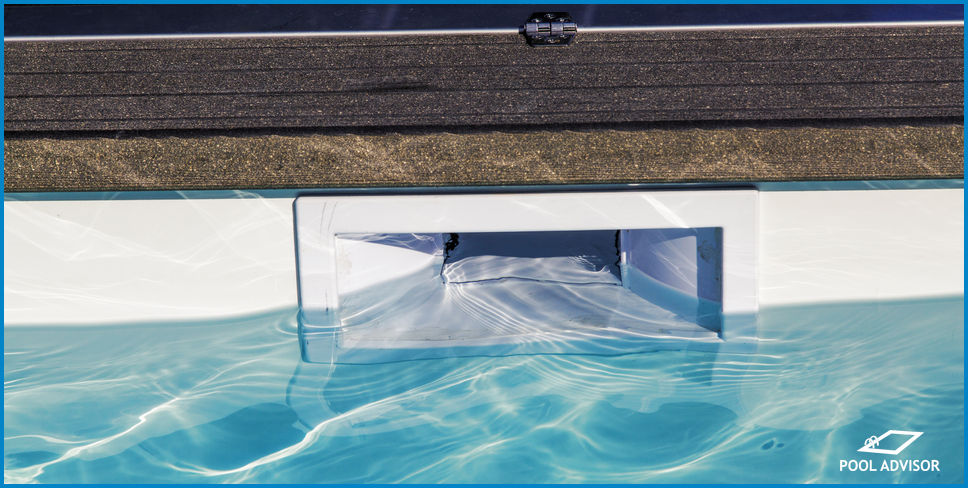
How To Clean A Salt Cell With Hydrochloric Acid: Easy Guide
Saltwater chlorine generators use salt cells in order to produce chlorine for your pool. Over time, these salt cells can accumulate a buildup of salt and other calcified minerals which will need to be removed so that the machine can function optimally.
In this article, we will discuss how to use hydrochloric acid safely, and we also provide a step-by-step guide for cleaning salt cells with hydrochloric acid.
Using Hydrochloric Acid Safely
Hydrochloric acid, sometimes referred to as muriatic acid, is a highly corrosive substance that is capable of causing permanent damage to the skin or eyes. Due to the high strength of this acid, chemical burns can happen immediately when exposure occurs.
Hydrochloric acid can also produce irritating fumes, and should only be handled in areas with adequate ventilation. Additionally, this product should be stored out of reach of children and pets.
How To Clean Chlorinator Cell With Acid
While some chlorinators claim to be self-cleaning (like to Davey Chloromatic Nipper), the reality is that you will need to do a deep clean of your unit occasionally.
Gather Supplies
To clean your salt cell with hydrochloric acid, you will need a plastic mixing bucket, a stirring utensil, and access to fresh water. You will also need chemical resistant gloves and goggles, although safety glasses may be used as a less-effective, alternative form of eye protection.
If you are not sure where you can obtain hydrochloric acid itself, check out our guide on where to buy hydrochloric acid in Australia.
Make An Acid Dilution For Cleaning
Hydrochloric acid should be mixed into fresh water in a 1:10 ratio. This means that for every litre of fresh water, 100mL of acid may be added to the dilution.
When diluting your acid in a plastic bucket, always add fresh water to the bucket first, and then follow up by adding the appropriate amount of acid. You may then briefly stir the mixture to ensure it is well-combined.
Turn Off Your Saltwater Chlorine Generator
Turn your saltwater chlorine generator off at the power source. Many machines can be turned off in the device’s settings, however this may still allow parts of the machine to remain electrically charged while it is not operational. To reduce the risk of shock, disconnect the saltwater chlorine generator from its power source entirely when cleaning the salt cell.
Remove Salt Cell (If Applicable)
If your salt cell is removable, you should now remove it from its housing. Not all salt cells are removable. In some cases, it is appropriate to fill the housing of the salt cell with the acid dilution as an alternative to submerging the cell in the bucket.
Add Salt Cell To Acid Dilution
If your salt cell is removable, add the cell to the bucket containing your acid dilution. When doing so, you should avoid having the terminals of the salt cell touch the mixture.
The terminals are the electrical-connection components of the cell, and are not meant to be exposed to harsh cleaners.
Leave the salt cell in the acid dilution mixture until most of the calcification has chipped away. You should not leave your salt cell in the acid mixture for longer than 20 minutes, regardless of how much calcified material remains on the cell after this amount of time.
Resist the urge to chip at the calcified substances on the salt cell with any heavy instruments. The plating on these electrolysis plates is very delicate, and can easily be chipped away with the calcification if you attempt to clean them this way.
Rinse, Replace, Reset
With gloved hands, remove your salt cell from the acid dilution and then rinse it off with fresh water. After rinsing, reinstall the salt cell into its housing, plug your saltwater generator back in, and reset any timer functions.
Summary
Regular cleaning of your salt cell is one of the disadvantages of a saltwater pool, but it is absolutely necessary to ensure that you maintain a sanitary environment and keep the algae and bacteria at bay.

Louis
A chemical engineer by trade, Louis is committed to debunking myths in the pool industry by explaining the underlying chemistry and making it accessible to all.
